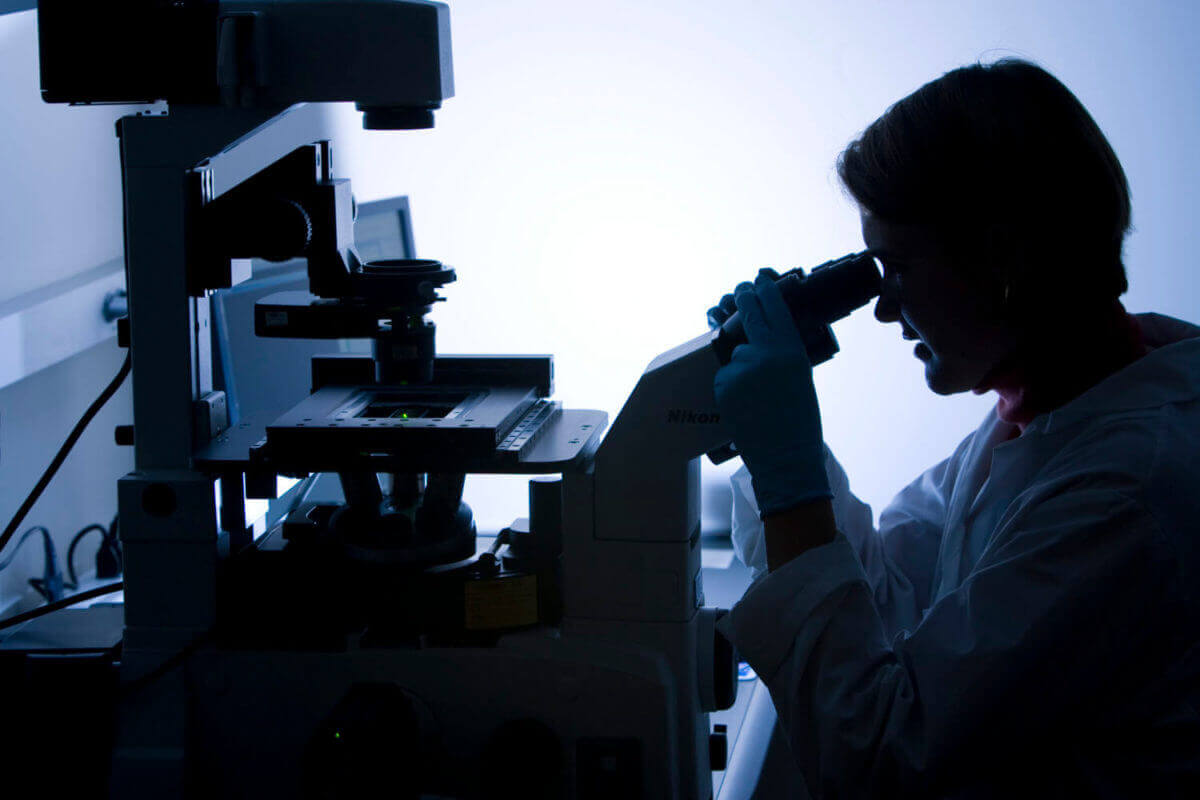Doctor of Philosophy (Ph.D.) in Biomedical Engineering
The Doctor of Philosophy in Biomedical Engineering is designed to be completed in four to five years of full-time study, including summer terms. A minimum of 60 units is required for this program beyond the bachelor of science degree. Ph.D. candidates must take all required core courses, complete lab rotations (BME 505aL and BME 505bL) and pass a Screening Exam at the end of their first year; pass a Qualifying Exam when they begin their dissertation research; and conduct an oral Defense of their dissertation at the end of the program.
These are our areas of specialty in the program:
- Biosignals & Biosystems Engineering
- Medical Devices
- Biomedical Imaging
- Systems Cellular-Molecular Bioengineering
- Biomechanics
- Biomedical Microelectromechanical Systems (Bio-MEMS)
Year 1 (BME Ph.D. Core Requirements)
New PhD students in BME are required to take core courses during their first year. Completion of these courses during the first year makes one eligible to take the Screening Exam, which takes place at the end of the spring semester of the first year. Students should consult their potential faculty advisors for suggestions about which courses to choose from the list.
- Register in BME 505aL and BME 505bL (lab rotations - - fellowship students) and
- Choose ANY 4 classes from the list below (2 per semester)
Year 1 - Fall (select two)
- BME 501 | Advanced Studies in Biomedical Systems
- BME 502 | Advanced Studies of the Nervous System
- BME 504 | Neuromuscular Systems
- BME 506 | Bioengineering of Disease and Cell Therapeutics
- BME 511 | Physiological Control Systems
- BME 527 | Integration of Medical Imaging Systems
- BME 540 | Biofluid Mechanics: Transport and Circulatory Systems
- BME 620L | Applied Electrophysiology
- BME 650 | Biomedical Measurement and Instrumentation
Year 1 - Spring (select two)
- BME 501 | Advanced Studies in Biomedical Systems
- BME 513 | Signal and Systems Analysis
- BME 514 | Physiological Signals and Data Analytics
- BME 525 | Advanced Biomedical Imaging
- BME 528 | Medical Diagnostics, Therapeutics and Informatics Application
- BME 530 | Introduction to Systems Biology
- BME 551 | Introduction to Bio-MEMS and Nanotechnology
- BME 552 | Neural Implant Engineering
- BME 559 | Nanomedicine and Drug Delivery
Year 2 (Research)
The second year of graduate study allows you to focus on a specific area or study in biomedical engineering. Any class that you take in the program must be approved by your faculty advisor. You may also start taking BME 790 (Directed Research). See info below.
Years 3 and 4 (Research and Dissertation)
The third and fourth year of graduate study allows you to focus on a research area/topic to explore and develop for your dissertation. By the end of your third year, you should be able to take the Qualifying Exam. After passing the Qualifying Exam, you are eligible to take coursework for your dissertation. You must take at least BME 794ab for a total of 4 units.
Research BME 790 Directed Research (1-12 units)
Dissertation BME 794abcdz
Doctoral Dissertation (2-2-2-2-0 units)
Years 5 and Beyond
If you have not completed your research and dissertation by the end of the sixth year, please communicate with the Graduate Student Affairs Advisor for more information.
All information contained here is summarized from the USC Catalogue and is considered non-official. For all rules, regulations, procedures, and outlines, please see the current academic year USC catalogue.


